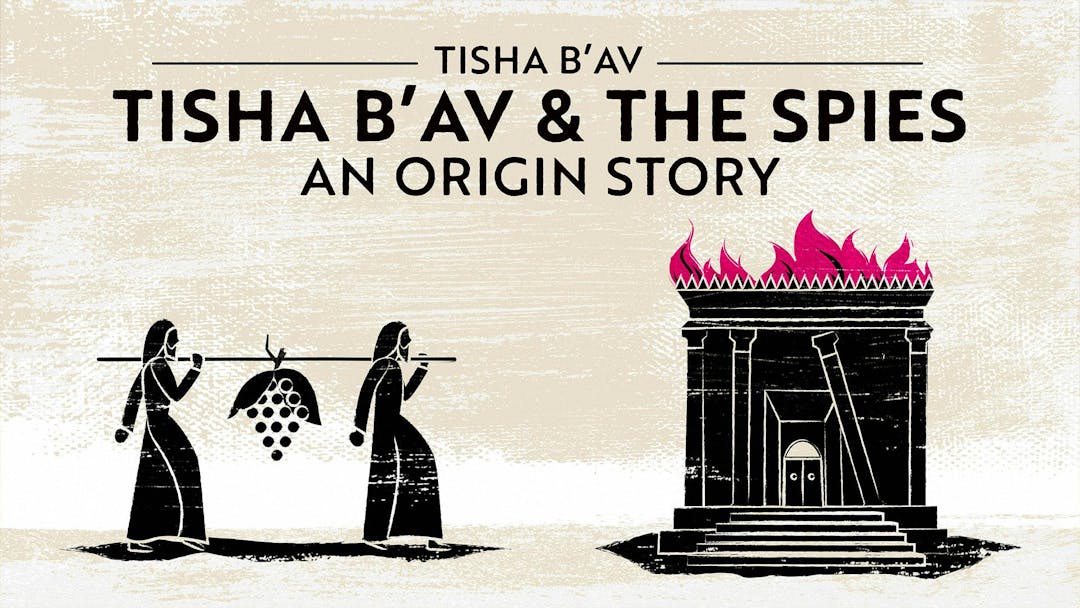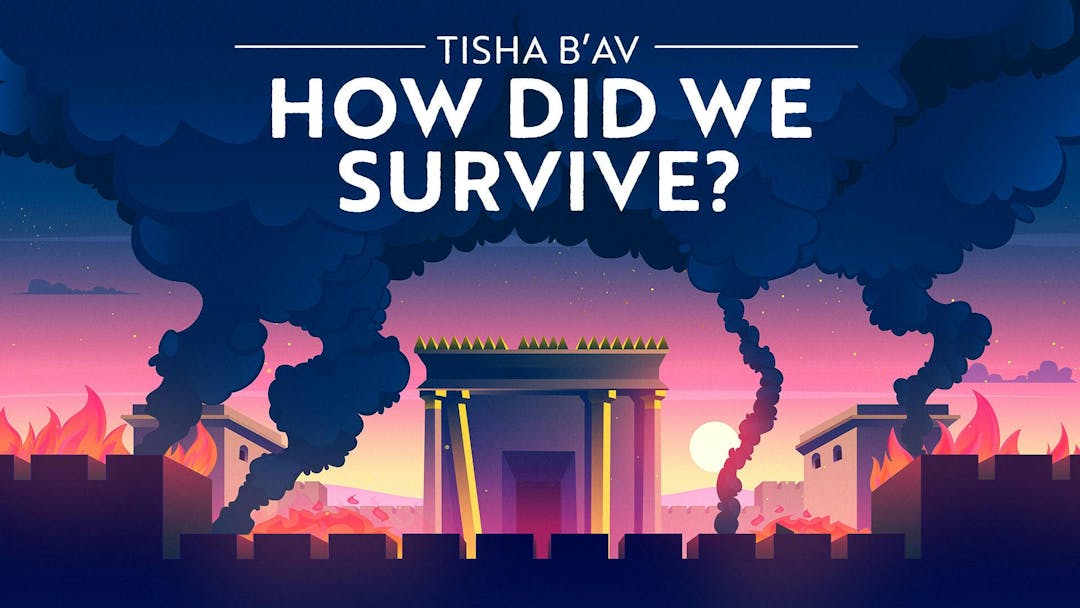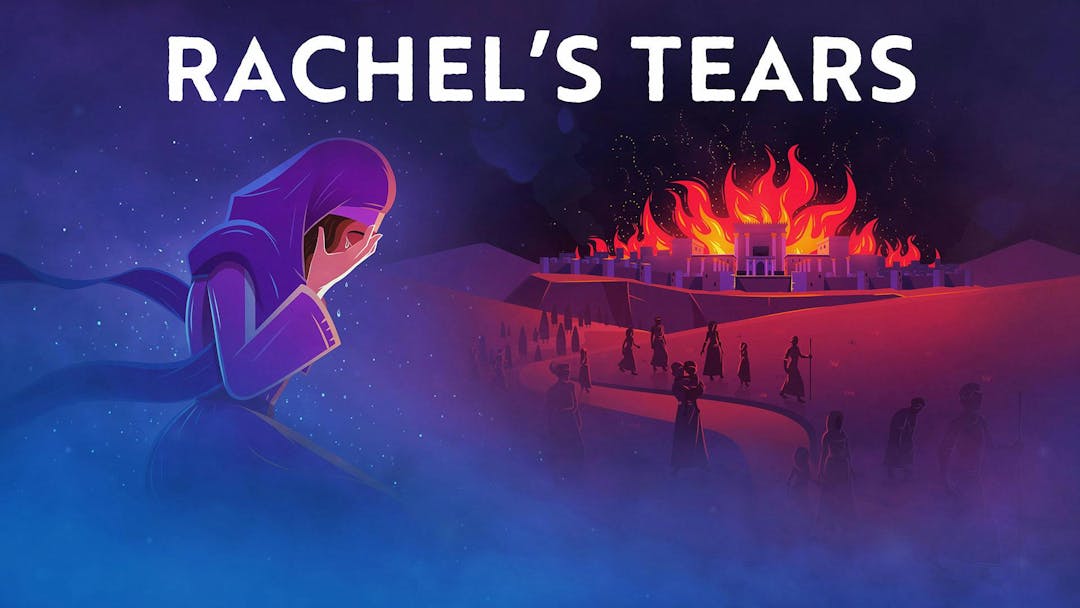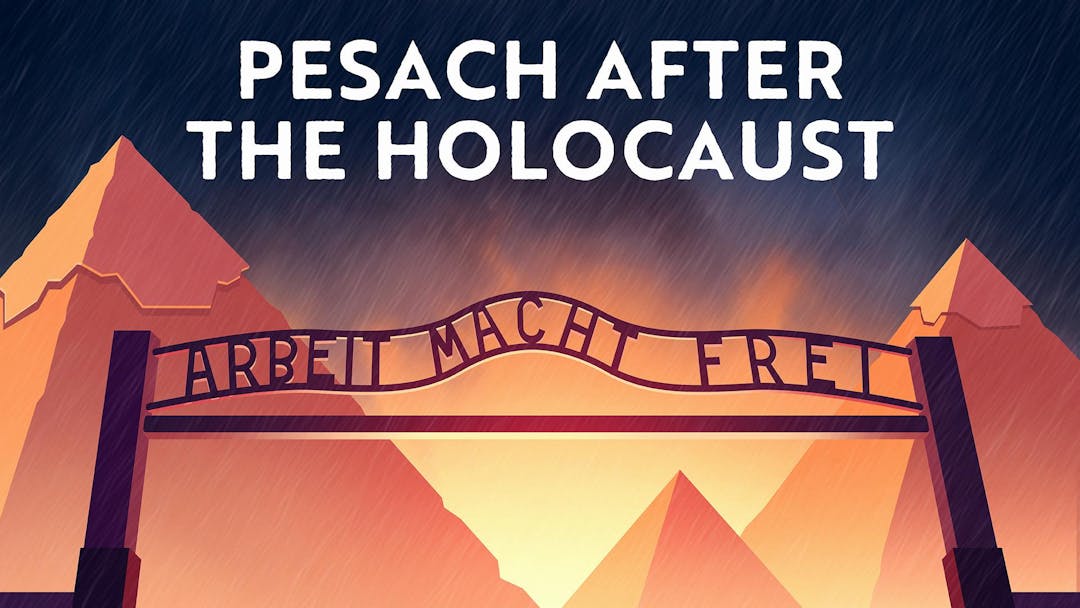Start your free trial today to unlock the full library and enjoy unlimited and uninterrupted access.
Get StartedWhy Does God Let Us Suffer? (Part 1 of 6)
Why Does God Let Us Suffer?
Why does God let us suffer? Why does God let bad things happen? To truly find peace with loss and suffering, we need to face this difficult question.
In this course, Rabbi Fohrman grapples with the unsatisfying answers often given to the problem of evil -- and offers a new approach based on a passage in the Book of Isaiah. This fresh approach to an age-old question will deepen your Tisha B’Av experience, and may just hold the key to accepting loss as part and parcel of living a full and good life.
Discover other great Tisha B’Av videos at Aleph Beta, including ‘Shir Hamaalot”, “Sinat Chinam: What is Baseless Hatred ” , “Shabbat Nachamu” and other Tisha Ba’v videos here!
A personal note from Rabbi Fohrman about this course:
A word of caution -- although this is a video about loss, and how, to some extent, we might find peace in the face of it – this isn’t designed as something to be watched during shiva, or when one is wrestling with the searing pain of fresh grief. That pain, unfortunately, probably needs to be felt in an untrammelled way, I think, until we somehow re-emerge and feel ready to face the world again. This video, by contrast, is probably something to be watched after the passage of some time, when we are more at a distance from grief – but still confronting an aching sense of disquiet and unfinished business. For people who are there, I hope this video might provide a path to some peace or solace. So, please, bear that in mind, when choosing to watch this or engage with it.
Loss, of course, is among the most personal of things any of us experience. I don’t know that my own reflections on it will resonate with your own – but I hope that in some way, they will.
Want to watch the full video for free?
Enter your email and we’ll send you a link to watch the full series free.
What is Aleph Beta?
Aleph Beta is a unique kind of Torah library. Led by our founder, Rabbi David Fohrman, we are dedicated to high-level, textual Torah learning for adults that is intellectually and spiritually sophisticated, that enlivens your Jewish practice and helps you forge a deeper connection to God. Whether you’ve been learning in yeshiva for years or you’re just beginning your Torah journey, you’re sure to find something meaningful and surprising waiting for you here.
Browse our library of over 1,000 beautifully produced animated videos, podcasts, deep dive courses, and printable guides. Topics include the weekly parsha, Jewish holidays & fast days, laws & mitzvot, prayers, relationships, big philosophical ideas and more. Have something to say at the Shabbos table that will amaze your family and guests and bring deep meaning into their lives.













